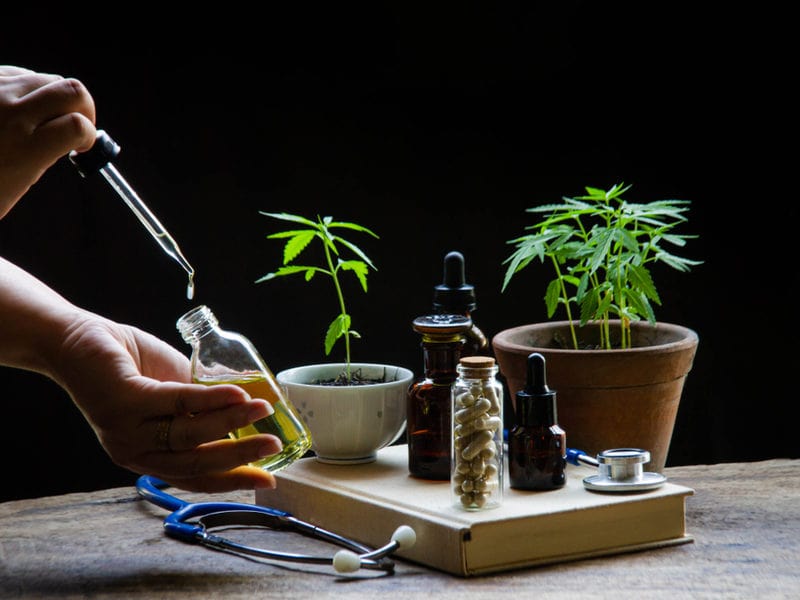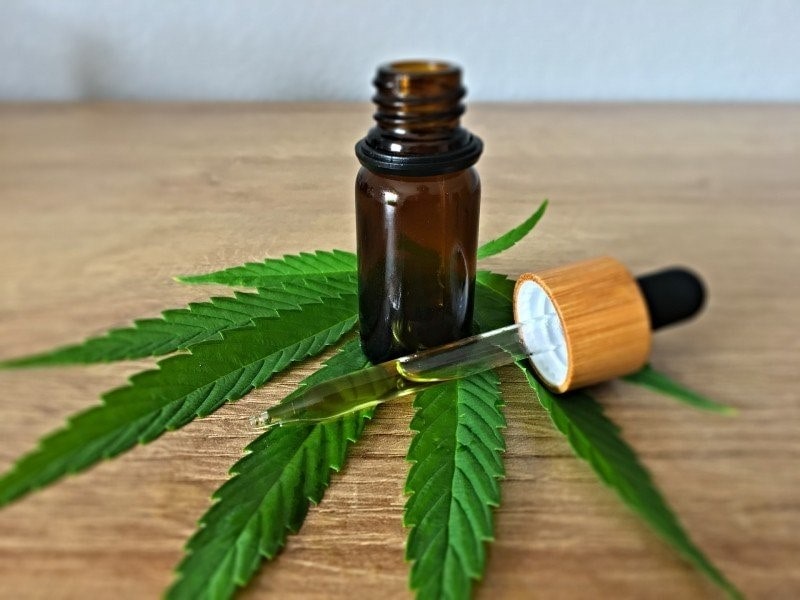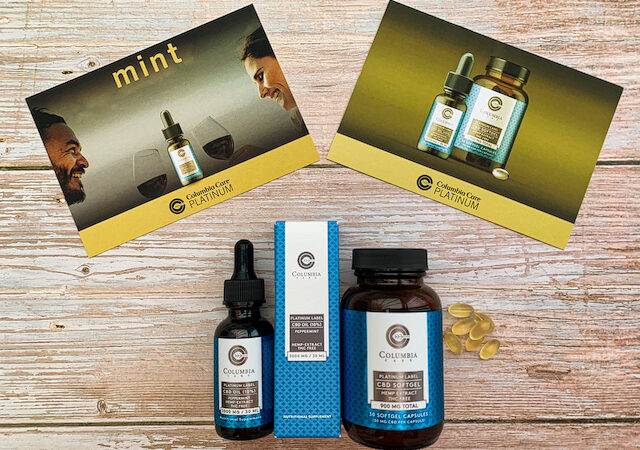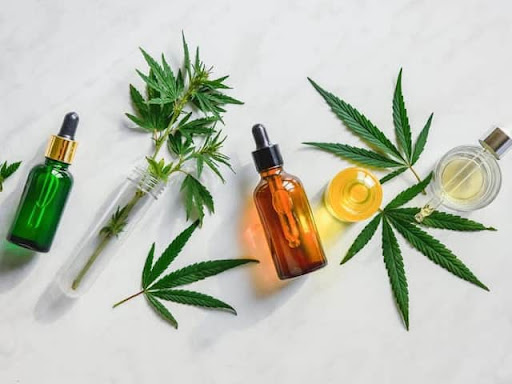
Need to Know about CBD
CBD oil has probably become the flagship product in the whole range of CBD-rich products. Cannabinoids and other compounds widely present in the plant kingdom, such as terpenes, are extracted from the Sativa L. plant and added to an oil, which acts as a carrier oil.
What are the benefits of CBD oil?
CBD is a compound to which numerous benefits are attributed. Its wide variety of therapeutic uses make it one of the most versatile active ingredients known. Is all this potential real or is it just a placebo? This is a question that many people are asking themselves as more and more potential benefits linked to CBD are appearing.
To explain all this therapeutic range, it is necessary to understand the mechanism through which CBD exerts its action in the organism. We have talked about phytocannabinoids, those that come from plants, but surprise! We also produce our own cannabinoids, known as endocannabinoids (‘endo’ of Greek origin, meaning ‘inside’). These endocannabinoids are based in the endocannabinoid system (ECS), an intercellular communication system that is distributed throughout our bodies and regulates vital functions such as sleep, appetite and stress. CBD basically works by interacting with these receptors. This explains its versatility.
Some of the therapeutic properties of CBD, demonstrated with varying degrees of scientific evidence are: anti-inflammatory, analgesic, antibacterial, neuroprotective, antioxidant, antiemetic and for the treatment of anxiety and stress. In addition to its use in cosmetics, it is commonly consumed in other countries by people who do not have any specific disorder, but consume it because it helps them to achieve a natural degree of balance and well-being.
Many of these properties have already been known for years, but statements that have been made lately from different health institutions at a global level, such as the World Health Organization (WHO) or the International Anti-Doping Agency (ITA), defending its use, its study and treating it as a substance that causes neither harm nor dependence, have made its popularity grow exponentially.
Does CBD have psychotropic effects?
No, CBD has no psychotropic effects. To put it colloquially, CBD ‘does not get you high’. This is one of the reasons why it is not considered a doping substance and is not present on the list of substances banned by the IOC (International Olympic Committee). The fact that elite athletes can and do consume CBD makes us reflect on the risk/benefit ratio of this active ingredient.
Does CBD oil help your anxiety?
In recent years there has been growing interest in CBD for its potential as an anxiolytic and many people with mild/moderate anxiety are resorting to its use in other countries around us. The results of studies done to date are promising and although we feel hopeful to see possible natural alternatives to known pharmacological treatments entering the scene, more exhaustive research work is needed to draw definitive conclusions.

Is CBD oil addictive?
The studies conducted to date are conclusive: CBD is not addictive. This verdict, backed for years by the scientific community, transcended to the global community when the WHO Expert Committee on Drugs that Cause Dependence (ECDD) declared that cannabidiol (CBD) is neither a harmful nor an addictive substance, giving a definitive boost to an already soaring popularity.
Is CBD a placebo?
CBD is not a placebo, in fact our bodies produce their own cannabinoids, very similar to CBD, naturally. CBD interacts with the same receptors, which are distributed throughout our body and form the so-called endocannabinoid system. This intercellular communication system is responsible for modulating numerous vital physiological functions such as the anti-inflammatory response, appetite or the immune system.





